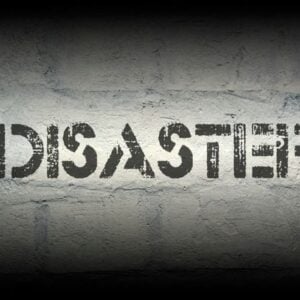Hurricane Beryl’s landfall in Jamaica marked a turning point in the country’s disaster resilience, as strategic investments helped significantly reduce the storm’s impact. Unlike past storms that devastated towns like Annotto Bay, the country’s strengthened infrastructure protected lives, homes, and critical services. The improvements were part of the Jamaica Disaster Vulnerability Reduction Project, a government initiative supported by the World Bank aimed at reducing the risks posed by hurricanes, floods, earthquakes, and landslides. Given that the majority of Jamaica’s population and economic activities are located along vulnerable coastal zones, the program was essential in building national resilience.
In Annotto Bay, where coastal erosion has been a longstanding threat, the construction of protective groynes and beach expansion preserved the shoreline even under Beryl’s powerful waves. In Kingston, a newly built seawall along Port Royal Street successfully shielded major infrastructure from storm surges. These coastal protections ensured continued access to vital transport routes and secured nearby homes and businesses, showcasing the success of nature-based and engineered solutions.
Inland, flood-prone communities such as Myton Gully and Church Pen experienced significant relief thanks to upgraded drainage systems and rehabilitated bridges. These interventions allowed roads to remain passable and homes to stay dry during the heavy rainfall associated with Beryl, preventing the widespread flooding that previously characterized such events. The project also expanded the emergency response network through the construction of new fire stations, such as in Port Maria, where response times were reduced from 45 minutes to under 10. Similar improvements were reported in Montego Bay and Yallahs, helping emergency services reach more people more quickly.
Beyond physical infrastructure, the initiative strengthened Jamaica’s disaster risk management through enhanced scientific and technical capabilities. The seismic monitoring network was modernized with solar-powered stations, increasing accuracy in earthquake detection. Seismic microzonation studies provided detailed insights into local vulnerabilities, supporting stricter building codes and land-use planning. Rapid Visual Screening assessments were conducted on nearly 4,000 structures, identifying weaknesses in schools, police stations, and other critical facilities. This data was used by government agencies to prioritize retrofitting and safety improvements.
To ensure that planning and investment decisions are guided by up-to-date risk information, the project developed the National Risk Information Platform (NRIP). This centralized digital portal will consolidate hazard data and support decision-makers, planners, and emergency responders with real-time assessments. Its full implementation is expected in 2025.
With over 1.6 million beneficiaries—more than half the national population—the Jamaica Disaster Vulnerability Reduction Project has significantly improved the country’s ability to prepare for, respond to, and recover from natural disasters. The results during Hurricane Beryl underline the effectiveness of proactive risk management and serve as a model for climate resilience and disaster preparedness globally.







